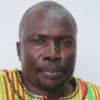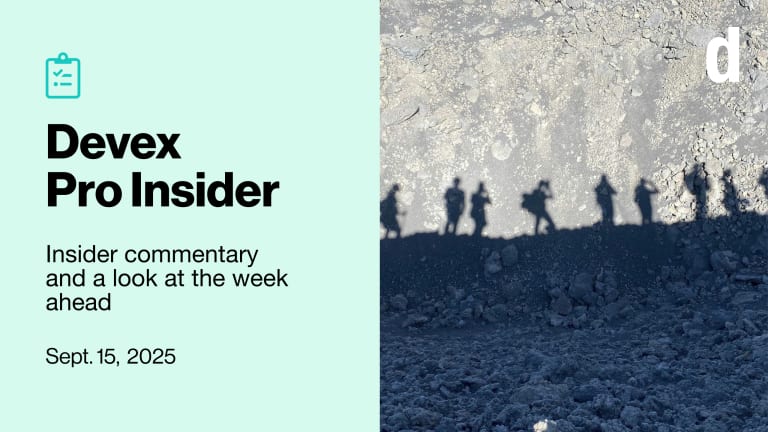
“People with underlying health conditions.” “The elderly.” “The unwell.” These are some of the terms that the media, spokespeople, and influencers have used to describe those who have already lost their lives to the COVID-19 pandemic.
COVID-19 — a timeline of the coronavirus outbreak
Follow the latest developments on the new coronavirus that causes COVID-19.
At some point — I can’t remember when — these descriptions began to stick in my throat.
As someone who grew up with polio in Kenya, I have learned the ways in which language has power. The way that people are described by others can directly affect the course of their lives.
While the media and public figures play a vital role in informing us about the new coronavirus, we must challenge some of the language being used around its casualties. I’m sure this is not what many writers are trying to convey, but there are certain phrases that can really hurt if you happen to be in one of the vulnerable groups they are talking about.
For example, many newspapers and social media posts around this time have said things like, “Medical experts found some positive signs in the fact that the disease did not appear to be killing young and otherwise healthy people.”
An assumption has often been made that it is “reassuring” to hear that the majority of fatalities are among the elderly or people who have chronic diseases that would increase their susceptibility.
But rather than reassure me, this language left me feeling disturbed.
News reports and official statements that seek to comfort readers by saying it is “only” elderly and chronically ill people who are at serious risk of dying aggravate the natural anxiety that we, as people with illnesses and disabilities, may have.
The message that I take from this is that there are certain people who are “acceptable losses,” that there are members of society who are considered to be more disposable than others.
The language used at times like this tells us a lot about an underlying “us and them” mentality that feels particularly corrosive. It seems to ignore the fact that the people being talked about as “vulnerable” may also be reading the same articles. We become invisible.
It might not be what is meant, but this throwaway, ill-advised language is being repeated over and over again around the world in public places and people’s homes. Language, with all its subtleties and assumptions, has power that goes beyond the speaker; it is how people start to gauge what kind of thinking is normal and what behaviour is considered acceptable.
Good intentions accompanied with bad language often do more harm than good.
Slowly, the unquestioned assumptions underlying this language may lead to people with long-term illnesses and disabilities becoming deprioritized. If we don’t check this kind of language now, it could become a choice of whether to give everyone equal health care.
COVID-19 demonstrates the many reasons why universal health care is so important. It demonstrates why access to health care is a fundamental human right and affects us all. We are only as strong as our weakest health care systems in fighting this disease.
People with disabilities, people with preexisting medical conditions, people who are elderly or young, male or female — everyone is entitled to access quality health care on an equal basis with others, regardless of who they are and where they come from.
Sightsavers strongly promotes universal health coverage. We want to make it clear that, when it comes to delivering an effective COVID-19 response, no one should receive less health care or inferior health care, and no one should be deprioritized.
Now more than ever, we need strong, resilient health systems everywhere and for everybody. We need to show solidarity globally to end this health crisis as a society.
If you are writing or talking about this topic in the months or years ahead, please remember: We are also your target audience, we are part of the solution to end this, and we can hear you.
It is imperative to always use disability-friendly language. Now, more than ever, please remember this, and use language that ensures you leave no one behind.
Visit our dedicated COVID-19 page for news, job opportunities, and funding insights.









